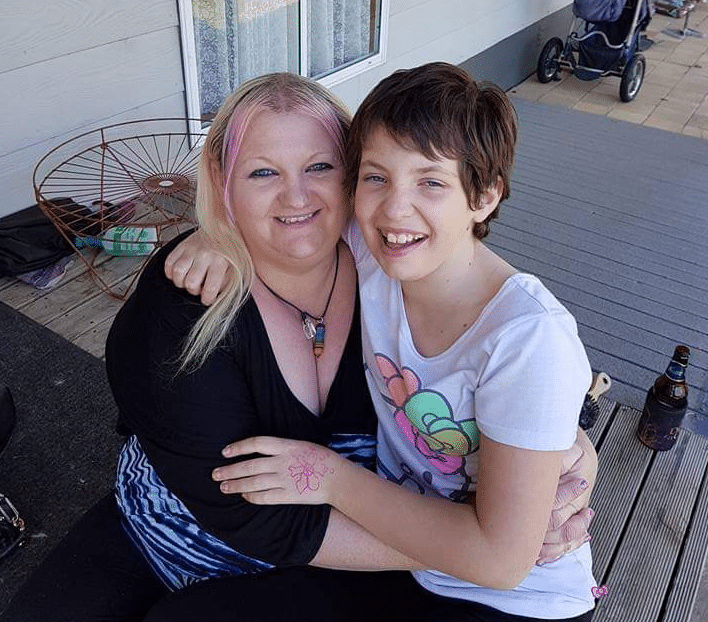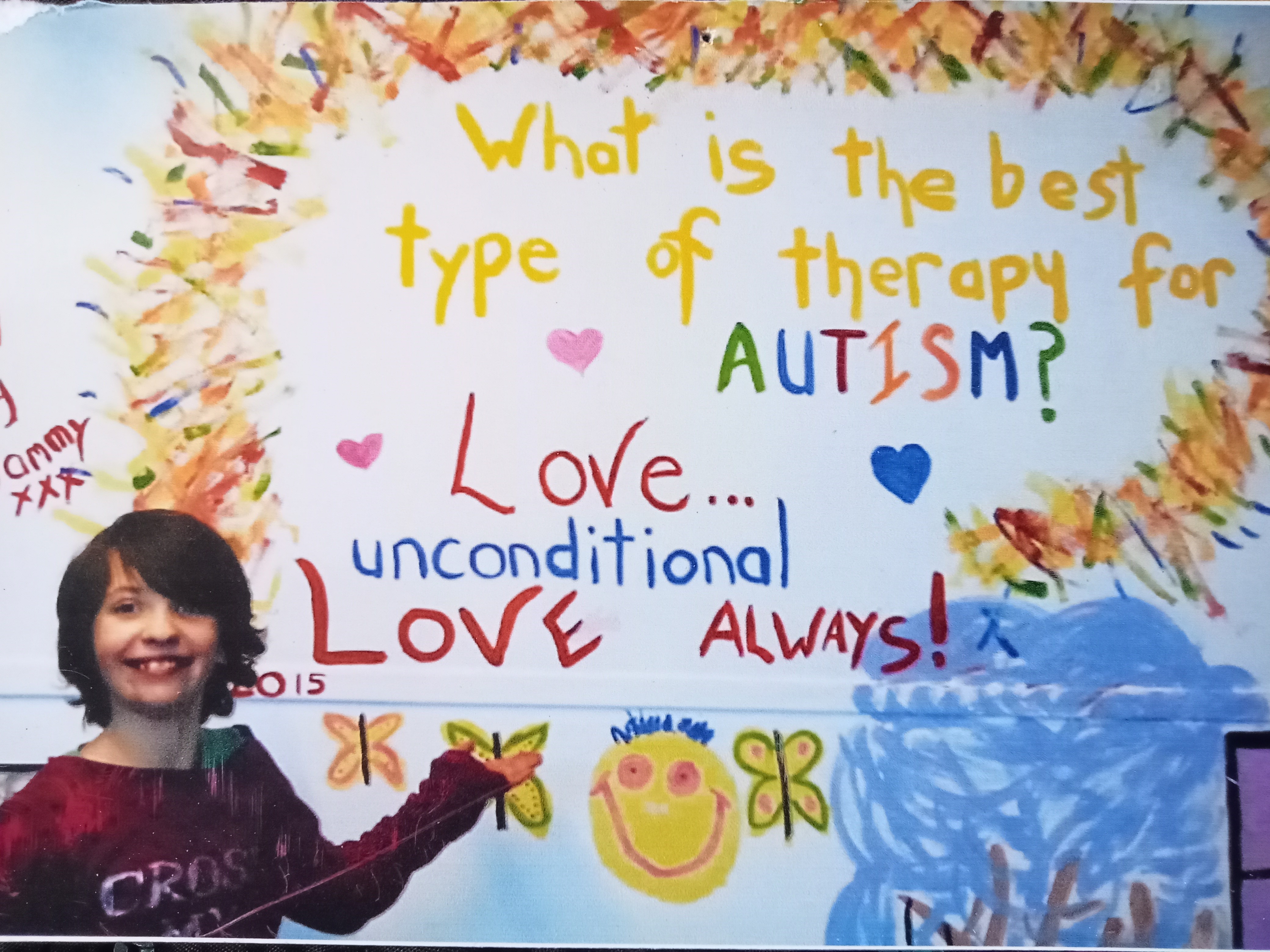
The road to recovery: Navigating autism and its impacts on mental health
Content warning – this post discusses suicide ideation.
16-year-old Sam with her mum, Rachael
When it’s raining heavily, 16-year-old Samantha Lynch can feel like she’s surrounded by a fire with flames so intense she can hardly breathe.
The panic Sam experiences is real, but others around her – including her mother, Rachael Engleson – won’t necessarily be aware of the distress and anxiety that is ambushing her.
At times, the anguish and frustration felt by Sam have been so overwhelming, her thoughts have turned to self-harm and suicidal ideation.
Rachael says her daughter was 11 when she was diagnosed with autism.
“I didn’t even know what autism was then,” Rachael says. “I just thought Sam was a difficult child. I burst into tears when we were told about autism.”
“That was the start of our journey, and it was also the best part, because it was the part when she started to get some help.”
Now, after five years of therapy and with the dedication of various NDIS supports, Samantha is celebrating more than 200 days of being free of self-harm or thoughts of suicide.
Seeking help and uncovering answers
By the time Sam was 13, she was facing life-affecting levels of anxiety.
“She had always suffered anxiety but I didn’t know it was,” Rachael says. “She was clingy and would have meltdowns when we would go out or there were people around. She would struggle with the weather – if there was wind,
thunder and lightning, she’d be stuck to me like glue.”
Her anxiety could be triggered by unwanted stares she received due to the motor and vocal tics she experiences. She also has Polycystic Ovarian Syndrome – the resulting hormone imbalance can lead to Sam feeling easily “out of control”.
“She could start punching walls at school, she starved herself, or she scratched at herself until she bled. It was crippling for her at times – she couldn’t breathe properly, walk or talk. She’d still go to school, but I know she
didn’t want to feel like that any more,” Rachael explains.
Accepting professional help and working with an occupational therapist and a speech therapist when Sam was 12 “saved her life”, Rachael says. “It was so much more than what I could have done for her if she wasn’t diagnosed.”
Sam – now in Year 11 – still struggles in social situations, but with ongoing counselling and supports she’s learning to find a way forward that doesn’t cause her as much anguish or isolation as in the past.
“I’m her mum but I don’t have all the answers so to have somebody there to help her figure things out is really helpful,” Rachael explains.
Therapy and NDIS supports
Supports funded through the NDIS have helped Samantha develop coping mechanisms, and have given her the ability to look ahead to a life she can enjoy.
Feros Care was able to set up a connection with a therapist in South Australia for Sam – a relationship which Rachael says has been “amazing”.
“We wouldn’t have even known about them without Feros Care. No one else we talked to knew about them. The therapist and Sam have clicked so well. It’s like she’s got her own manual to Sam.
“Before seeing her counsellor, she was talking about suicide and self-harm. Now, she is able to do whatever she wants. She smiles, she doesn’t complain about her chest hurting. She goes out to places, she’s got a boyfriend.”
Through the NDIS, Sam has also seen a mentor – a successful strategy which she will incorporate into her life again. Sam and Rachael receive help with cleaning at home, allowing them to spend precious time together and more time to do the things
they know nurture their mental health.
“I don’t actually know if my daughter would be here if it wasn’t for the NDIS funding,” Rachael says. “I will be forever grateful because I don’t know if I’d have been able to do it on my own. They have helped
so much.”
Looking to the future
Sam can now look forward to a future where she engages with her community and enjoys frequently feeling a range of positive emotions.
“She’s becoming much more independent which is healthy for her. One day, she wants to be a mounted police office or a nail technician, and it’s nice to see she’s got some goals because during the hard times these things all take
a back seat.”
Rachael says Sam is “my everything” and sharing their mental health journey together has had benefits for both mother and daughter.
“I’m so proud of that kid. Sam is my life. I learn from her and she learns from me.
Positive affirmations now decorate the walls in their home and offer their own support: ‘Don’t let anyone dull your sparkle’; ‘Never give up’; and ‘My strength is greater than any struggle’ – Rachael’s
personal favourite.
“I’ve put them all over our walls – if I see them I don’t forget.”
Need to talk to someone?
Don’t go it alone. Please reach out for help.
Lifeline: 13 11 14 or lifeline.org.au
Beyond Blue: 1300 22 4636 or beyondblue.org.au
